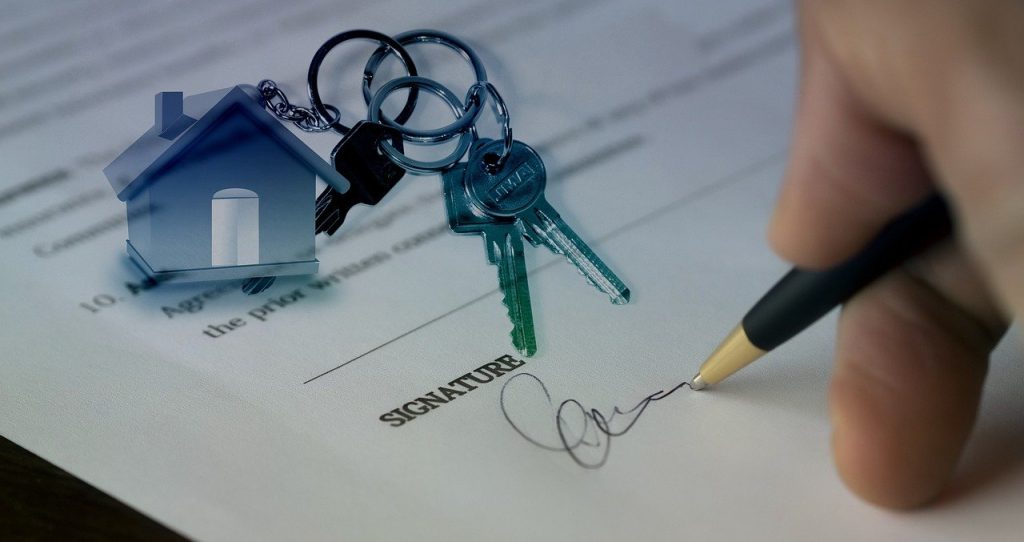The trustee’s obligation to respond is one of the rights enjoyed by co-owners vis-à-vis the manager of a co-ownership. However, it quite often happens that the latter does not submit to this obligation, taking advantage of the applicants’ ignorance.
Our experts here suggest that you go into more detail on the different scenarios where it is possible to demand a response from your trustee, as well as on the procedure to follow to assert your rights as a co-owner.
In which cases is the trustee’s obligation to respond valid?
The syndic of co-ownership has the obligation to respond to the co-owners only in certain specific situations clearly detailed by law.
A document request
Depends on nature of the document requested and status of the person making the requestthe trustee may be required to provide a response.
For example, the union council members can have access to all documents concerning the property. Thus, the syndic is obliged to respond as soon as the latter formulate a request for a document from the co-ownership syndic.
On the other hand, the other co-owners cannot, for their part, only require the trustee to produce certain specific documents (invoices, maintenance book, rules of the co-ownership), and only on their behalf.
The realization of works
One of the responsibilities of the syndic of co-ownership is the carrying out the work necessary for the good condition of the common areas and occupant safety. He is also responsible for safeguarding the building in the event of an emergency.
Thus, if one of the co-owners makes a request in the context of one of these situations, the trustee is obliged to provide him with an answer.
Making a diagnosis
Finally, the syndic must necessarily meet certain diagnostic requests. This concerns in particular the mandatory diagnoses such as the overall technical diagnosis which must be carried out in unhealthy or newly built properties.
Read also: Co-ownership without trustee: causes, implications and possible solutions

What steps should I take to obtain a response from the trustee?
The syndic of co-ownership is at fault if it does not provide any response to the solicitations in one or other of the situations described above. In order to assert his right and obtain a response, the requesting co-owner can then take an unusual step in several stages.
An amicable settlement to assert the trustee’s obligation to respond
Before any action aimed at enforcing the trustee’s obligation to respond, it is important to ensure beforehand that the latter received the request. For this, the ideal is to carry out a follow-up by one or more of the following ways:
- Phone calls ;
- Sending e-mails;
- Message via property extranet etc.
If none of these methods work, the next step is to send a written letter to the trustee to formulate the request again and remind him of his obligations. In order to obtain evidence of this approach, a registered letter with acknowledgment of receipt is advised. Similarly, it is advisable to keep screenshots of the various emails and calls.
If these steps fail, the co-owner can then seize the union council. The latter has a certain authority over the trustee. For example, he can organize a meeting with the manager in order to find a solution to the problem and ask to consult the supporting documents for the charges.
In addition, if the problem for which the syndic has been seized concerns all the co-owners, it is possible to include it on the agenda of the next general assembly. Thus, all the co-owners will be able to discuss it with a view to finding a solution.
Finally, it is possible to call on a mediator of consumption or to a justice conciliator with the aim of finding an amicable solution.
Initiate legal action or proceed with a change of trustee
If the friendly procedure fails, two options are available to the requesting co-owner.
he can attempt to have the trustee replaced by evoking a management defect which constitutes a serious misconduct. The question will then be studied at a general meeting which will decide on the advisability of the request and will vote if necessary.
Finally, in the most extreme cases of disagreement for failure to comply with the trustee’s obligation to respond, the law authorizes the plaintiff to start legal proceedings. However, as with the change of trustee, this action is subject to a vote at the general meeting.
Read also: Problems with your trustee, change it!




